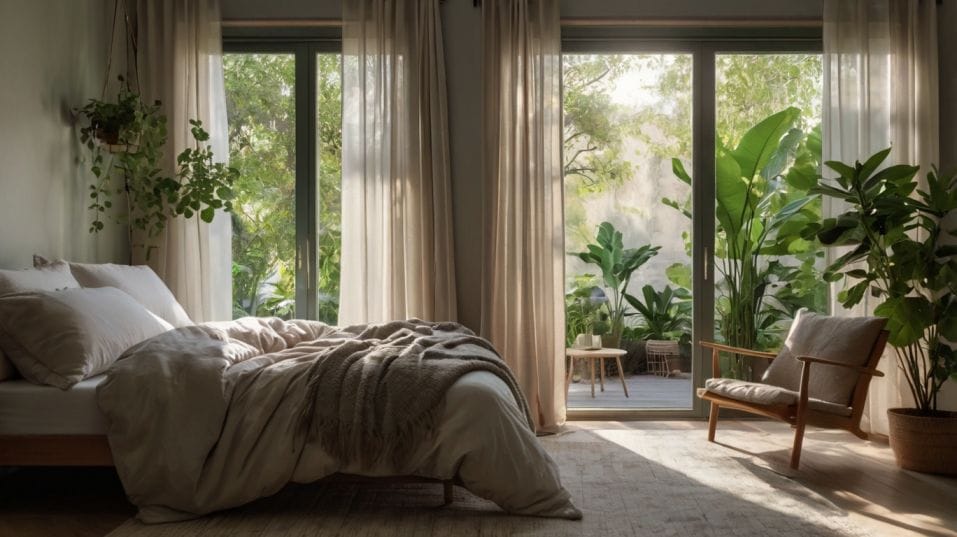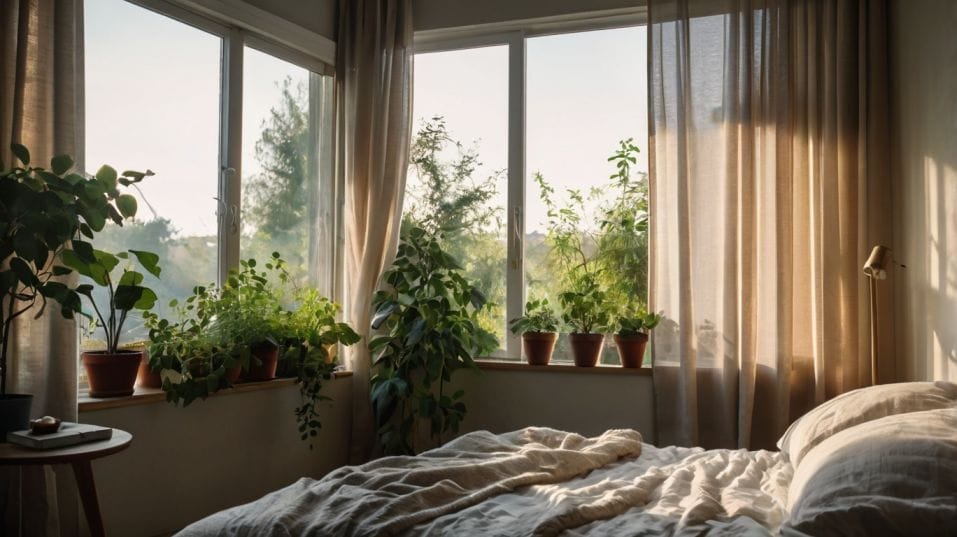Is Your Sleep Cycle Disrupting Your Health?
Feel groggy after 8 hours of sleep? Reset your sleep cycle with simple, science-backed habits that boost energy, focus, and recovery.

Ever wonder why you feel tired even after a full night’s sleep? The culprit might not be your bedtime—it could be your sleep cycle.
When your internal rhythm is off, everything suffers: energy, focus, recovery. The good news? You don’t need a full lifestyle overhaul to fix it.
With a few small, science-backed shifts, you can work with your body’s natural clock to wake up clearer, fall asleep faster, and feel better—every single day.
What Is a Sleep Cycle, Really?
Let’s break it down. Your body runs on a 24-hour internal clock called the circadian rhythm.
It governs your sleep-wake patterns, hormone release, body temperature, digestion—even how alert or creative you feel at different times of day.
When your circadian rhythm is aligned with your lifestyle, things click. You fall asleep faster. Wake up clearer. Your body repairs itself more efficiently. Your brain processes faster. You just feel better.
But if your sleep schedule shifts constantly—late nights on weekends, early alarms during the week, inconsistent exposure to light—your rhythm gets scrambled.
The result? Disrupted sleep cycles, where your body doesn't know when to power down or ramp up. You might be in bed for eight hours but still wake up feeling wrecked.

Here’s what a healthy sleep cycle looks like: your body cools and slows down in the evening. Melatonin (your sleep hormone) rises. You hit deep sleep in the early part of the night. REM sleep kicks in later to consolidate memory and emotion.
Cortisol (your alertness hormone) rises naturally just before you wake. That’s a system you can trust—but only if you give it the signals it needs.
Why Most People Struggle (Even if They Think They Sleep “Fine”)
Modern life is a sleep disruptor. Artificial light, late-night social media, irregular schedules, and caffeine-loaded afternoons all feed into the chaos.
But here’s the truth: it’s not just about how much you sleep—it’s about when you sleep. Sleep that’s out of alignment with your natural rhythm is simply less restorative.
Most people try to fix fatigue with more hours in bed. But without a consistent wake time or proper light exposure, those extra hours do little. Quality beats quantity every time—and that starts with syncing your lifestyle to your biology.
Reclaim Your Evenings: The Sleep Cycle Starts Before Bed
Think of sleep like a performance. The quality of the show depends on how well the stage is set beforehand.
Create a Wind-Down Buffer
Your brain needs a cue that the day is ending. This is where a wind-down buffer becomes essential. Start with just 30 minutes. No screens. No work. No intense conversations.
Keep the lights low, especially overhead lights, which are more stimulating than you realize. This subtle drop in stimulation tells your brain to start producing melatonin.
If you’re stuck on your phone or watching fast-paced content right before bed, your brain doesn’t stand a chance. Blue light suppresses melatonin, and mental stimulation keeps your nervous system wired.
You don’t need to be a monk—just set limits. Try using warm lighting, blue-light filters, or even blue-blocking glasses if you're not ready to ditch screens entirely.
Eat Earlier
Also, avoid late-night meals. Digestion competes with sleep. If you're regularly eating within an hour of bed, your body prioritizes processing food over entering deep, restorative rest.
Smart Mornings: Where Great Sleep Actually Begins
Here’s what most people miss: your body starts prepping for sleep the moment you wake up. And one of the strongest regulators of your sleep-wake cycle is light.
Get Natural Light Early
Natural sunlight—especially in the first hour after waking—is a powerful circadian anchor. It tells your brain it’s daytime, which suppresses melatonin and boosts cortisol at the right time.
That exposure helps your body predict when to wind down later. Indoor lighting doesn’t cut it. Step outside for just 10–15 minutes, even if it’s cloudy.
Bonus points if you combine it with light movement—like a walk or gentle stretch—to further solidify your wake-up signal.
Keep Your Wake Time Consistent
Keep your wake time consistent, even on weekends. Sleeping in may feel like a treat, but it confuses your internal clock.
You don’t have to be extreme—just try to wake within the same 30–45 minute window every day. That single habit trains your body to fall asleep faster and wake more naturally.
Time Your Caffeine
Caffeine strategy matters here, too. Wait at least 60–90 minutes after waking before you drink your first cup. That’s when your natural cortisol peak starts to dip, making caffeine more effective—and less likely to disrupt your sleep later.
Want to Sleep Better? Build the Right Environment
You can’t force sleep, but you can create the right conditions for it to happen automatically.
Keep It Cool and Dark
Start with your bedroom. Keep it cool—around 60 to 67°F (15–19°C) is ideal. Your body temperature naturally drops at night, and a cooler room speeds up that process.
Blackout curtains or an eye mask can block artificial light that might otherwise keep your brain alert. Even tiny lights—from chargers or streetlamps—can interfere with melatonin production.
Control Noise and Associations
Silence helps, but so does sound control. If your environment is unpredictable (traffic, neighbors, pets), use a sound machine or fan to create gentle white noise. It helps mask disruptions and creates a stable soundscape your brain can tune out.
Reserve your bed for sleep. Not emails. Not TV. Not doomscrolling. Your brain forms associations quickly—if your bed becomes a mental workspace, don’t be surprised when your brain refuses to switch off at night.
Handle Nighttime Wake-Ups
And if you wake up in the middle of the night? Don’t check your phone. Don’t check the clock. That instantly pulls your brain into alert mode.
Instead, stay calm, stay in bed, and focus on your breath. Often, that’s all it takes to slide back into sleep.
Final Thoughts: You’re Closer to Better Sleep Than You Think
Fixing your sleep cycle isn’t about doing more—it’s about doing less intentionally. Align your habits with your biology, and better sleep becomes the default.
You’ll recover faster. Focus better. Move through your day with clarity instead of dragging yourself forward.
You don’t need a complete lifestyle reboot. Start with one change tonight: pick a bedtime you can stick to, and give yourself a buffer before it.
Tomorrow, get outside early—even just for five minutes. These tiny signals matter more than you think. Your body wants to sleep well. Let it. Start now.




